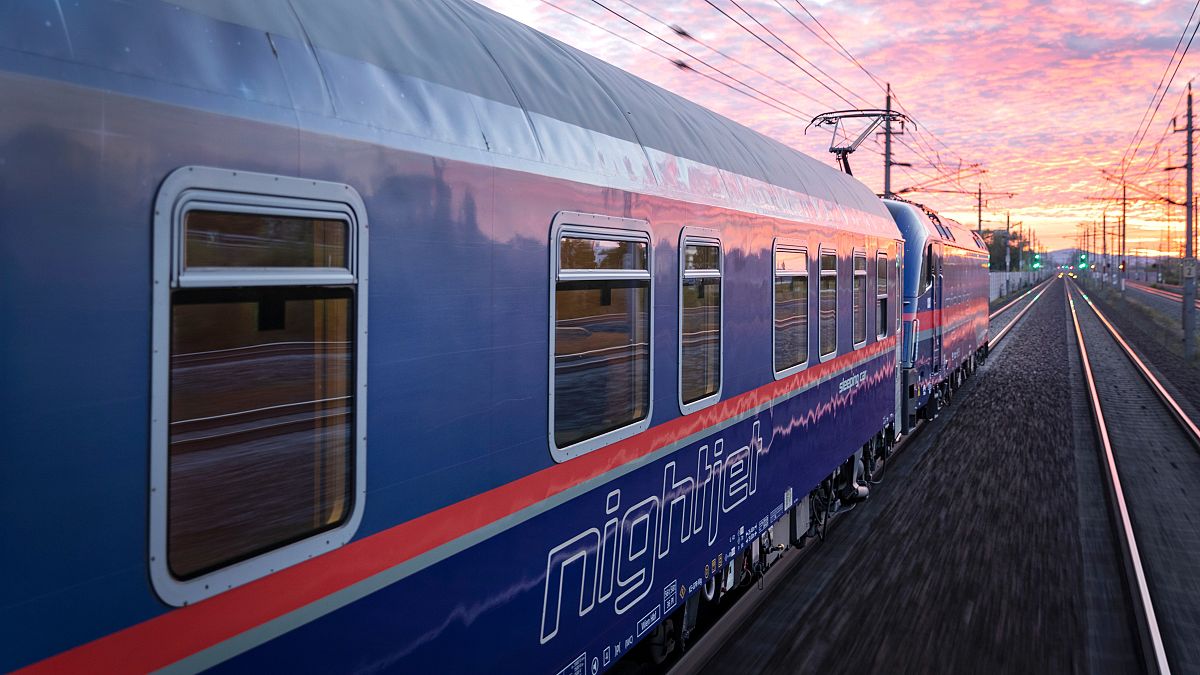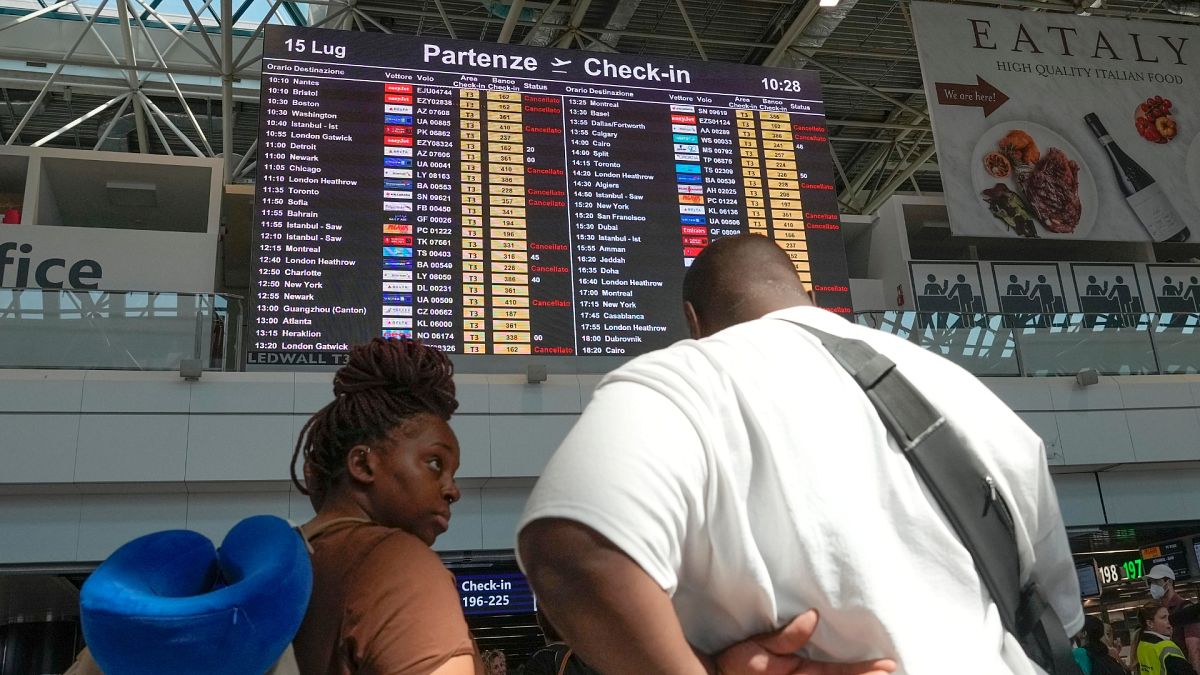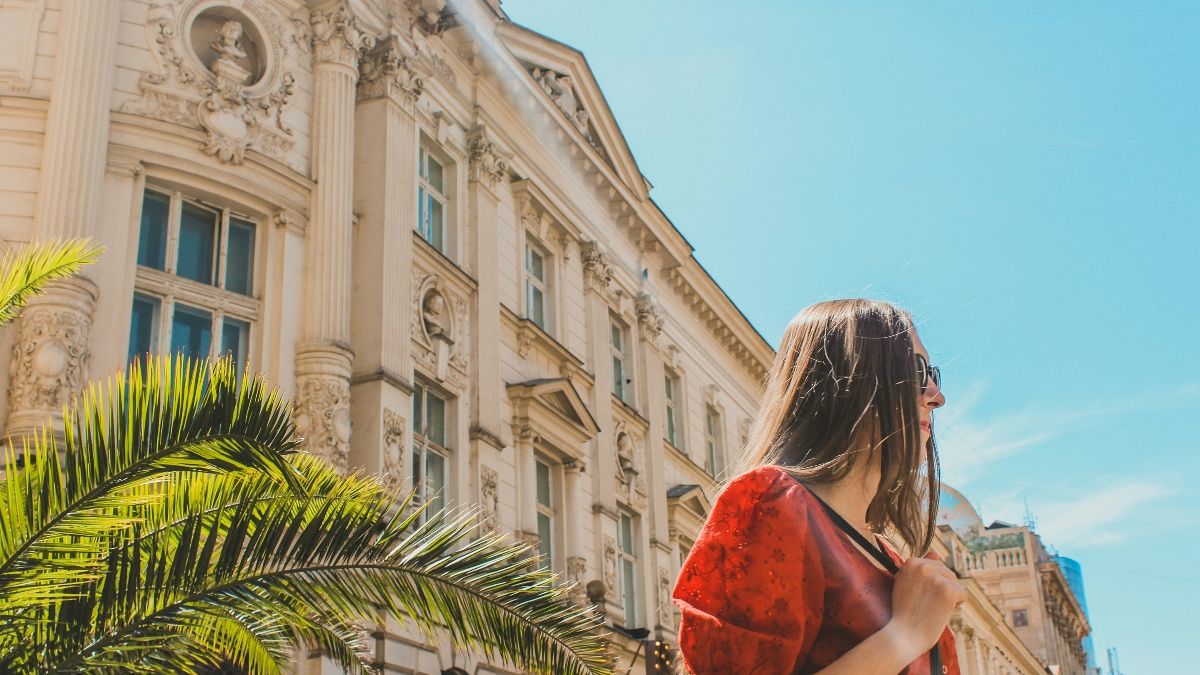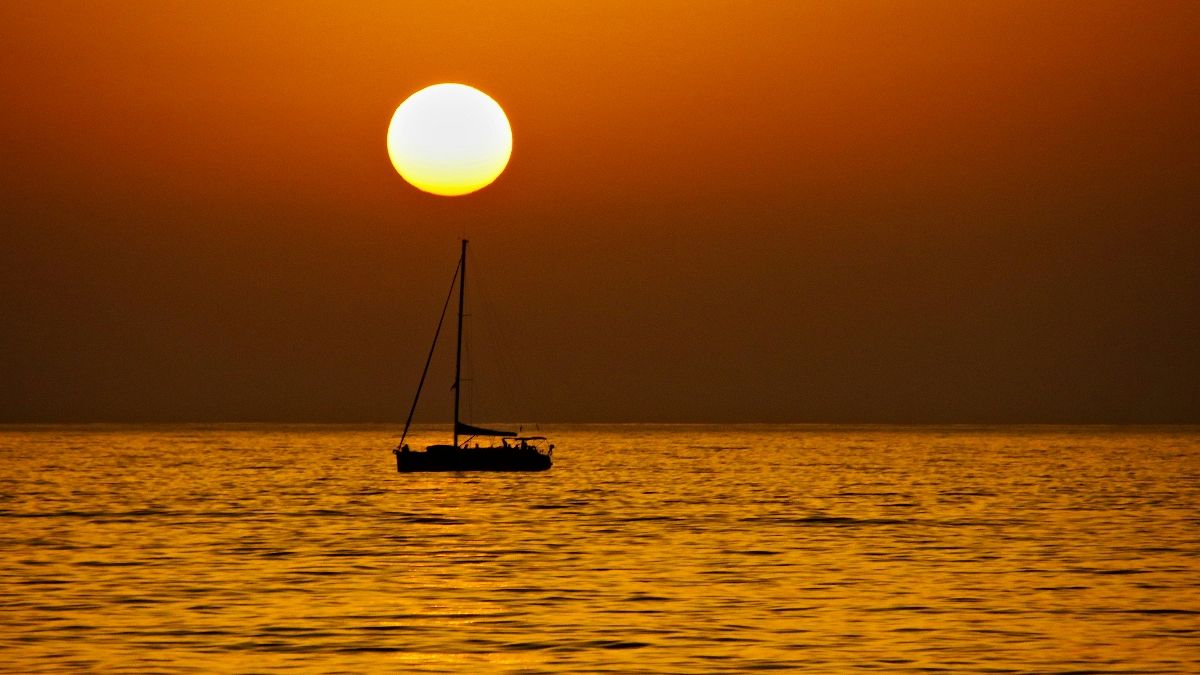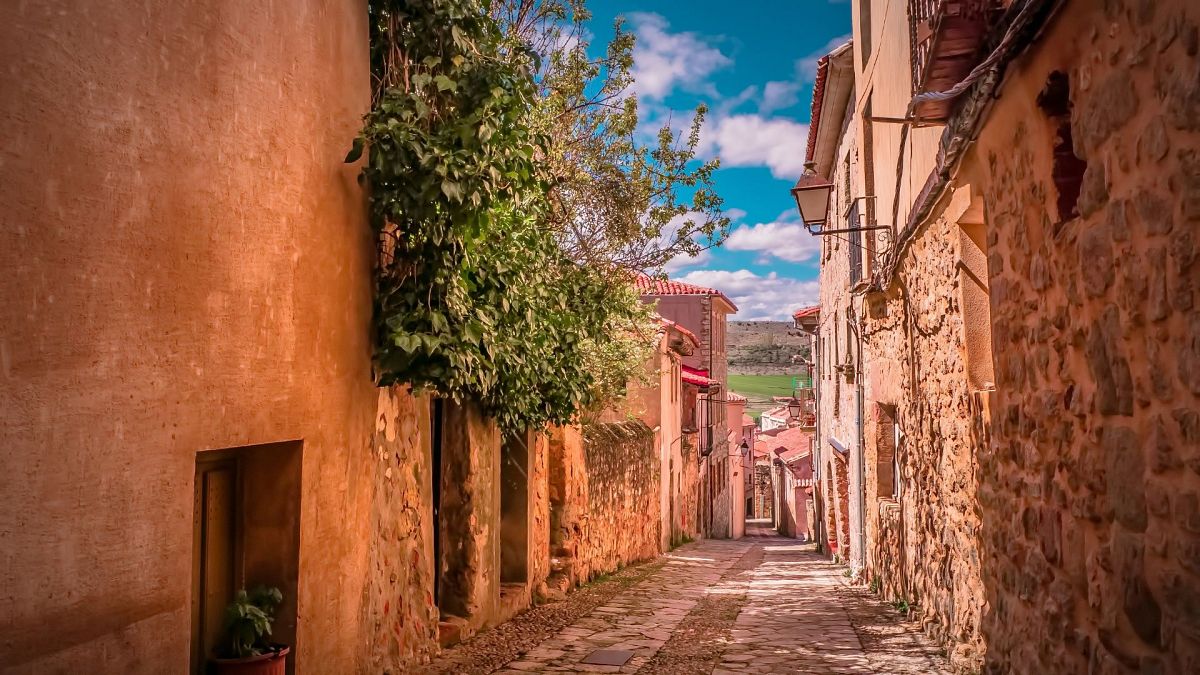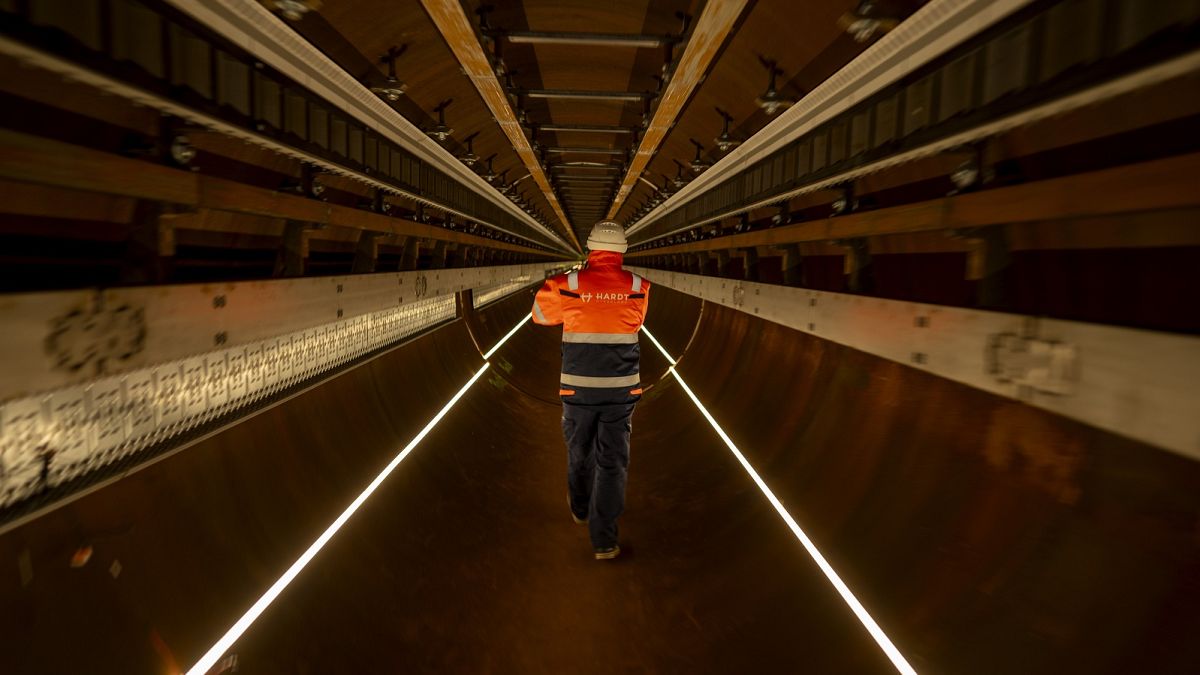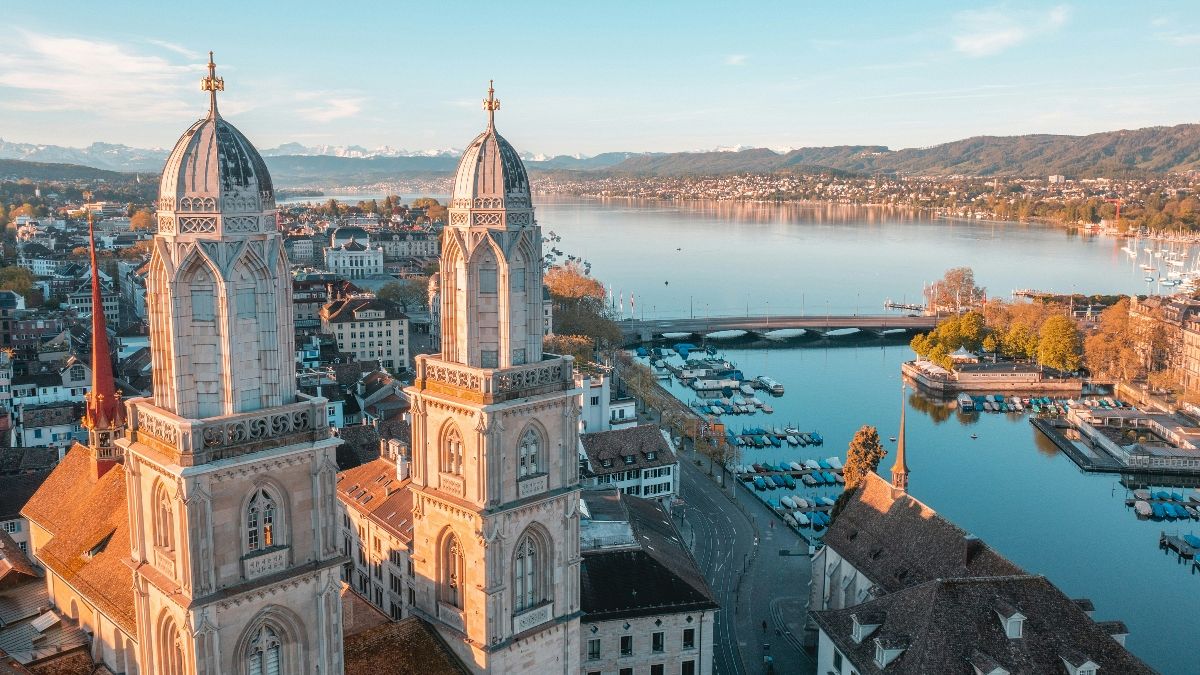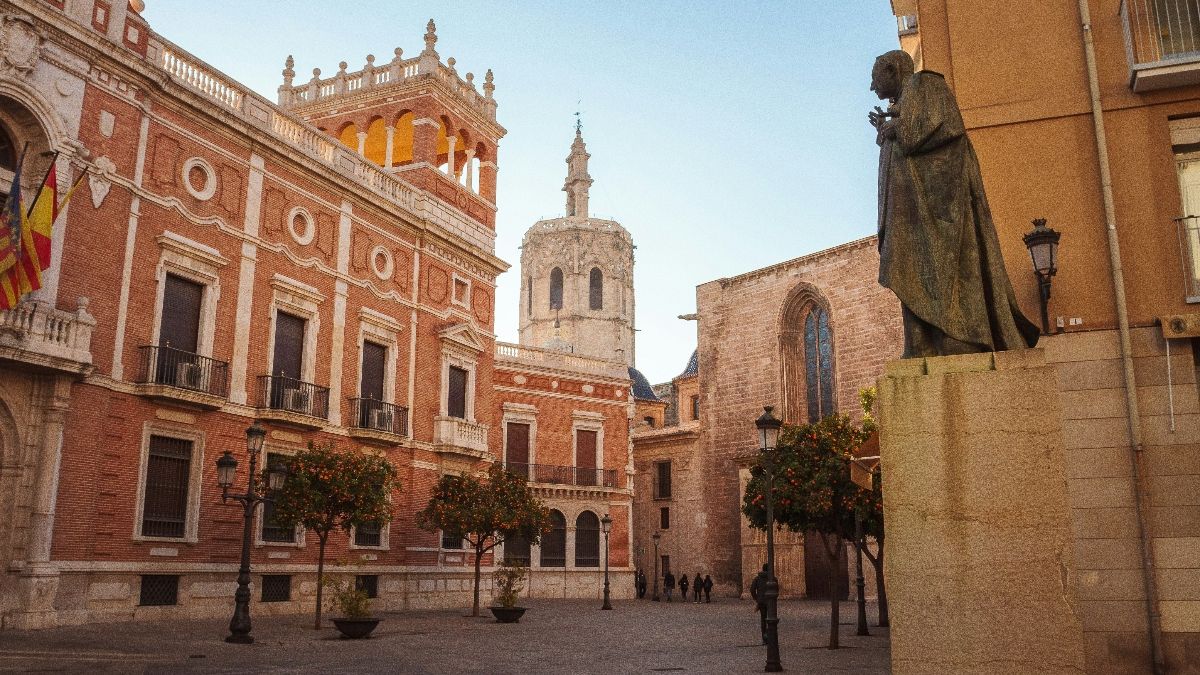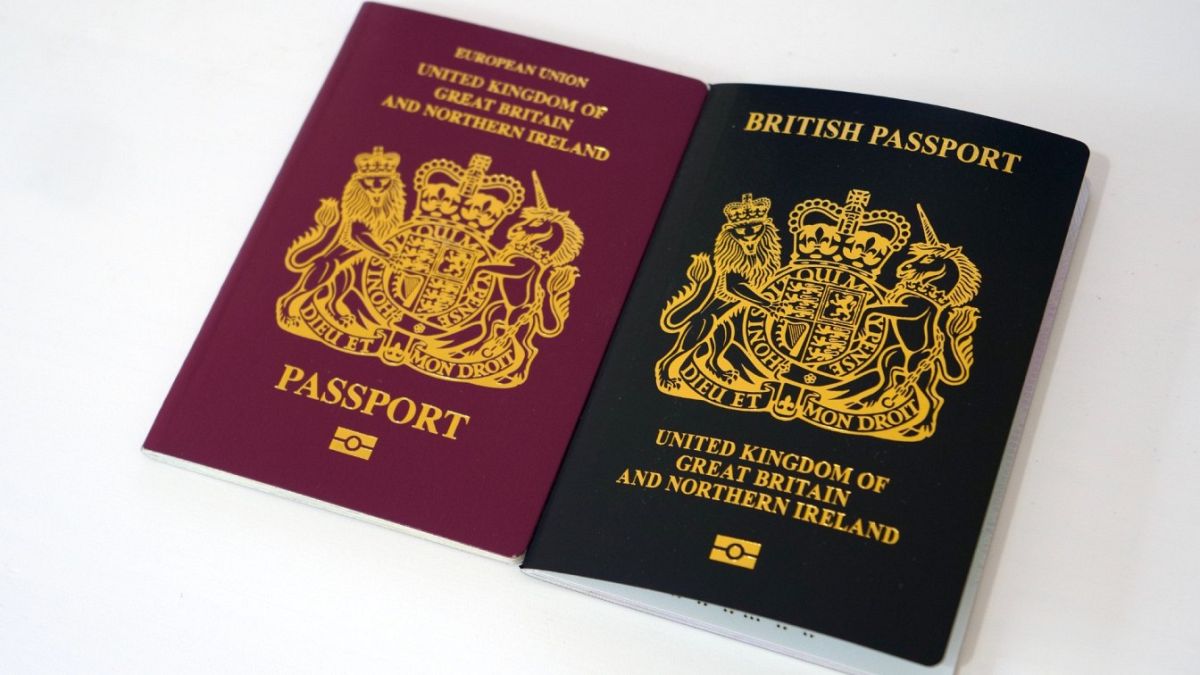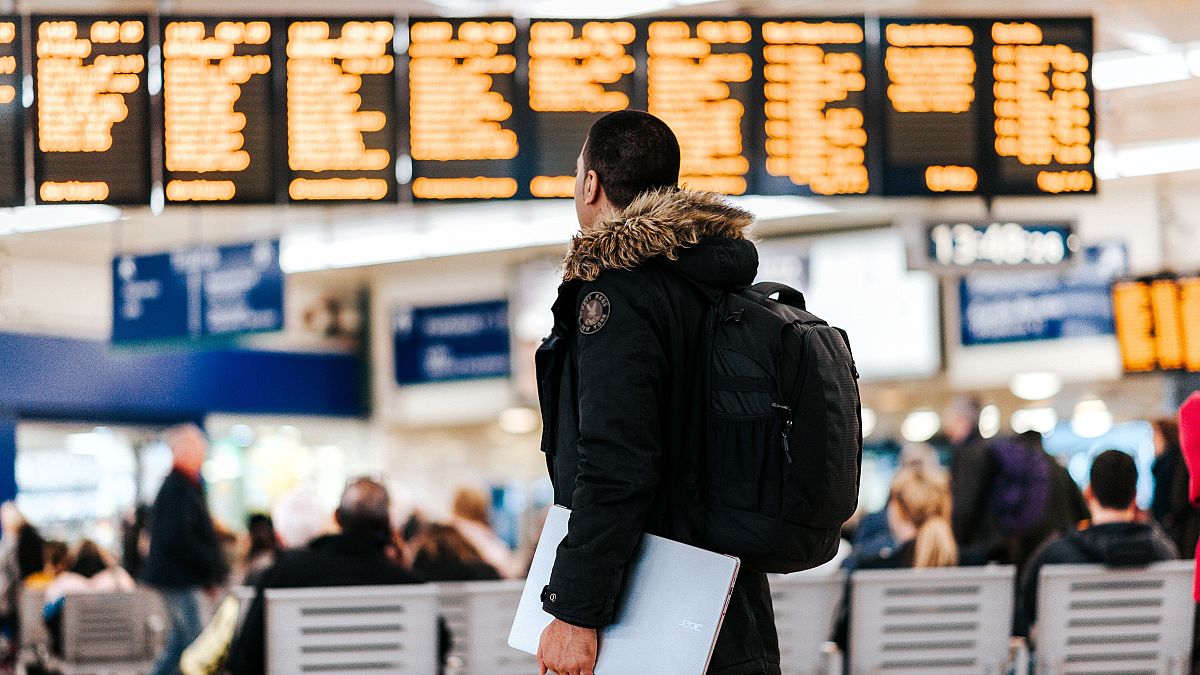Diriyah: Why you should visit the birthplace of Saudi Arabia in 2023
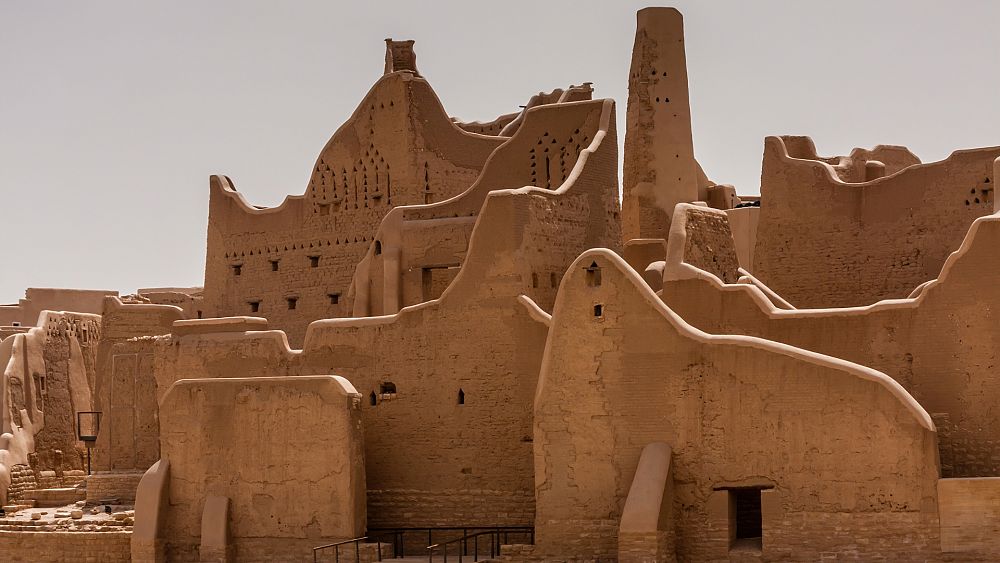
A €57 billion ‘giga project’ is transforming Diriyah into a city within Saudi’s capital.
There’s never been a better time to visit Diriyah, Saudi Arabia. Just 15 minutes from the heart of Riyadh, Diriyah is best known for the UNESCO World Heritage Site At-Turaif, considered the birthplace of the nation.
Now, it’s being developed as a city within the capital. With the opening of dining destination Bujairi Terrace in December 2022 and a slew of new hotels, the picturesque mud-brick city is reinventing itself.
The €57 billion ‘giga-project’ is part of the Saudi tourism master plan to attract more than 100 million visitors a year by 2030.
Diriyah hopes to attract 27 million visitors
Diriyah is setting its sights high. The city’s own goal is to attract 27 million visitors and create 55,000 permanent new jobs, adding around €6.5 billion to the country’s GDP.
“That sounds monumental,” says Kiran Haslam, chief marketing officer at Diriyah Company, the company behind the development. “But if you break it down into what we’re doing, it’s a city. It’s everything that you would expect from a city.”
So far, the plan is working. “38 hotels have already signed up with us,” says Haslam at the Arabian Travel Market 2023 in Dubai. Next, they’ve got their sights trained on museums, art galleries, science centres, food and beverage, retail. “So it’s everything you would expect if you were to blank-canvas create a city.”
Diriyah has already welcomed some notable guests. Argentine professional footballer and Paris Saint-Germain forward Lionel Messi recently visited with his family. As well as touring its 300-year-old UNESCO World Heritage Site, they visited a nearby rewilding project home to Arabian gazelles and leopards.
Diriyah is the birthplace of Saudi Arabia
Steeped in history, Diriyah was the setting for the founding of the first Saudi state in 1727. It is also the ancestral seat of the House of Al Saud, the ruling royal family of Saudi Arabia.
“Diriyah is a very unique location,” says Haslam. “It’s an origin story, and it’s the birthplace of the Kingdom of Saudi Arabia as we know it today.”
The centrepiece is the UNESCO World Heritage Site of At-Turaif, the original royal residence and seat of governance of the first Saudi state.
Centuries old, its traditional Najdi architecture, which comprises sand-coloured structures built with unfired mud-brick, has been the inspiration for the rest of the development.
Sustainability is key to Diriyah’s transformation
As part of Saudi’s Vision 2030 strategy and the wider Middle East Green Initiative, Diriyah has positioned itself as a leader in sustainability.
The concept is nothing new to the city.“It’s a mudbrick city built ecologically and it’s still standing today,” says Haslam. But that’s not to say they’re not looking to the future.
“We’re looking at sustainability holistically. That full lifecycle,” Haslam continues. “What does it mean 20 years down the track when there’s lower propensity for obesity… and when there’s a longer life expectancy? When there are happier people who are willing to work and raise families [here]?”
Diriyah is making the most of its natural beauty to make this vision a reality. “There’s a beautiful wadi that runs through Diriyah,” says Haslam, referring to the seasonal river, Wadi Hanifa. This 2.6-square-kilometre green space is home to “beautiful palm groves, natural indigenous vegetation,” he adds.
As part of the city’s masterplan, this space is being regenerated and opened to the public for recreation. “I think that excites us because that direction of sustainability is entrenched in who we are… This is sustainability of community and of culture,” says Haslam.
Diriyah is paving its future by looking to its past
A historical crossroads for pilgrims and traders, Diriyah has been a hub for cultural exchange between artists, scholars and intellectuals for centuries.
“We so often go back to our past because it’s so relevant to the future,” says Haslam. “And we’re doing the very best that we can to make sure that we never lose sight of all those valuable lessons we had from 300 years ago.”
Through its ambitious heritage development, the city is looking forward to immersing visitors in the roots of Saudi society.
“Many of the lessons we take from Diriyah in the past are more in tune with the Diriyah we see in 2030 than any time in between,” says Haslam.
Source: Euro News


